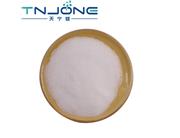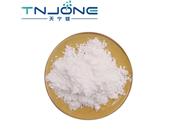Manufacturer Provide Pharmaceutical CAS 151126-32-8 Pramlintide Acetate Pramlintide Powder For Research

Introduction
Product Name: Pramlintide
Other Name :Pramlintide Acetate
CAS NO: 151126-32-8
Purity: 99%min
Appearance:White Powder
Molecular formula: C171H267N51O53S2.C2H4O2.H2O
Molecular weight :4027.49
Solubility:Soluble to 1 mg/ml in water
What is Pramlintide ?
Pramlintide (Symlin) is a relatively new injectable drug for diabetes (both type 1 and 2), developed by Amylin Pharmaceuticals (now a wholly owned subsidiary of AstraZeneca )Pramlintide is sold as an acetate salt.
Pramlintide is an analogue of amylin ,a small peptide hormone that is released into the bloodstream by the β-cells of the pancreas along with insu.lin, after a meal.Like insu.lin, amylin is completely absent in individuals with Type I diabetes.
Pramlintide Benefits
Reduction in glycated hemoglobin and weight loss have been shown in insu.lin-treated patients with type 2 diabetes taking pramlintide as an adjunctive therapy.
By augmenting endogenous amylin, pramlintide aids in the cellular absorption and regulation of blood glucose by slowing gastric emptying, promoting satiety via hypothalamic receptors (different receptors than for GLP-1), and inhibiting inappropriate secretion of glucagon, a catabolic hormone that opposes the effects of insu.lin and amylin. Pramlintide also has effects in raising the acute first-phase insu.lin response threshold following a meal.
Pramlintide Dosage
This depends on your body weight. All of the research carried out so far has used rodent studies, the rats and mice are usually injected with an effective dosage thought to be around 10 μg (mcg) per KG, in humans this is thought to be around the equivalent loading of 1.6 μg per KG in humans, so if you are:
60 KG (132 lb.) then your ideal daily oral dose would be 96 μg (mcg)
70 KG (154 lb.) => 112 μg
80 KG (176 lb.) => 128 μg
90 KG (198 lb.) => 144 μg
Usage:
Pramlintide acetate is an injectable human amylin analog that has been launched for the treatment of both type 1 and type 2 diabetes. While it is also a 37-amino acid peptide, it differs from its parent predecessor by the substitution of Ala-25, Ser-28, and Ser-29 with prolines. Not only do these modifications improve the solubility of the peptide, they also eliminate the aggregation observed with amylin, resulting in a stable synthetic analog with retention of biological activity that is suitable for pharmaceutical use.
As an indication of potency, Pramlintide acetate inhibits the binding of radioiodinated rat amylin to rat nucleus accumbens membranes with a Ki value of 23 pM.

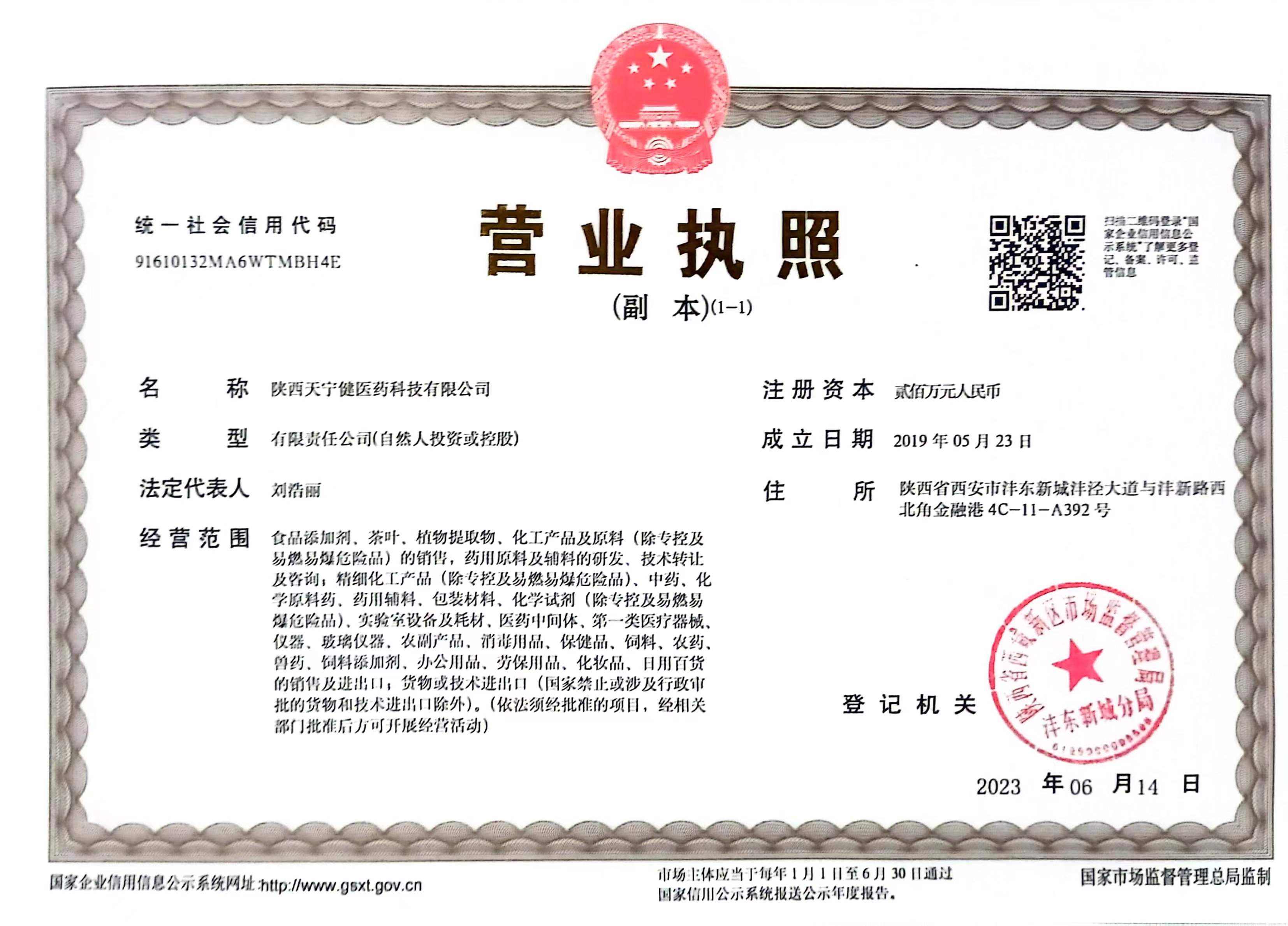
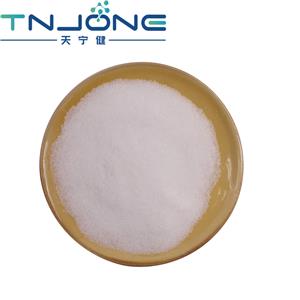


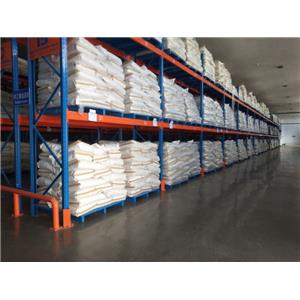


 China
China

